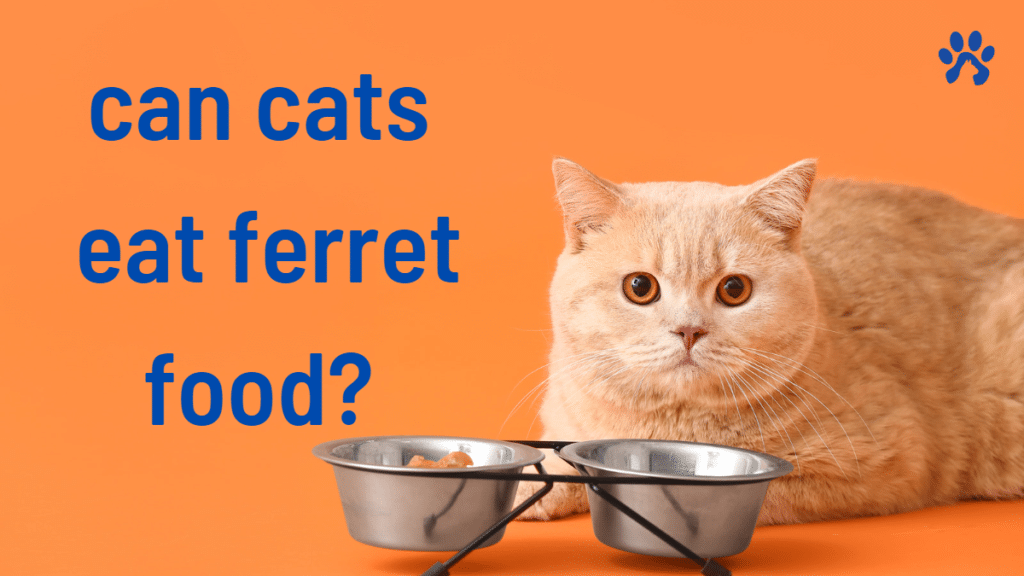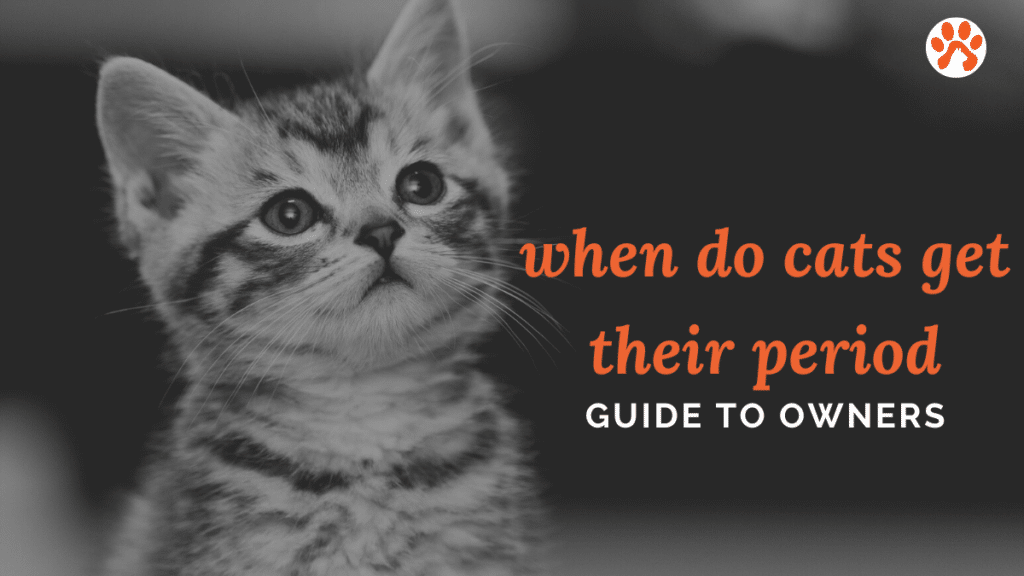you all are curious to know, can cats eat ramen noodles? Ramen noodles, a popular food item worldwide, contain ingredients that are harmful to cats.
Cats are unable to process sodium well, and ramen noodles have high sodium content, which can cause dehydration, electrolyte imbalance, and seizures. Additionally, the high-fat content in ramen noodles can lead to obesity in cats, which can cause several health problems. Furthermore, the presence of garlic and onions in ramen noodles can cause anemia in cats, leading to weakness, tiredness, and even death. Therefore, it is best to avoid feeding ramen noodles to cats.
can cats eat ramen noodles:
Ramen noodles are a popular food item that is enjoyed by people all over the world. But what about cats? Question! can cats eat ramen noodles?
The answer is no, cats should not eat ramen noodles. Ramen noodles are high in sodium and fat, and they also contain ingredients that are harmful to cats, such as garlic and onions.
If you accidentally give your cat some ramen noodles, they may experience some stomach upset, including diarrhea and vomiting. In severe cases, your cat may even develop pancreatitis.
If you are concerned that your cat has eaten ramen noodles, it is important to take them to the vet immediately. The vet will be able to assess your cat’s condition and provide any necessary treatment.
In the meantime, you can help your cat feel better by giving them plenty of water to drink and bland food to eat. You should also avoid giving your cat any more ramen noodles.
What Are the Risks of Cats Eating Ramen Noodles?
There are several risks associated with cats eating ramen noodles:
Stomach upset:
Ramen noodles are high in sodium, which can cause cats to become dehydrated. Dehydration can lead to a number of problems, including stomach upset, diarrhea, and vomiting. In severe cases, dehydration can even be fatal.
Obesity:
Ramen noodles are high in fat, which can lead to obesity in cats. Obesity is a serious problem that can put cats at risk for a number of health problems, including heart disease, diabetes, and arthritis.
Anemia:
Garlic and onions are both harmful to cats, as they can cause anemia. Anemia is a condition in which the body does not have enough red blood cells. Red blood cells are responsible for carrying oxygen throughout the body, and without enough of them, cats can become tired, weak, and even die.
Pancreatitis:
Garlic and onions can also cause pancreatitis in cats. Pancreatitis is an inflammation of the pancreas, which is a gland that produces digestive enzymes. Pancreatitis can be very painful and can even be fatal.
It is important to note that these are just some of the risks associated with cats eating ramen noodles. There are many other potential problems, and it is important to consult with your veterinarian if you have any concerns.
Conclusion
In conclusion, the answer of can cats eat ramen foods. cats should not eat ramen noodles. Ramen noodles are high in sodium and fat, and they also contain ingredients that are harmful to cats, such as garlic and onions. If you accidentally give your cat some ramen noodles, they may experience some stomach upset. In severe cases, your cat may even develop pancreatitis. If you are concerned that your cat has eaten ramen noodles, it is important to take them to the vet immediately.
There are many other healthy foods that you can give your cat. Cats can eat a variety of meats, fish, vegetables, and fruits. You should always consult with your veterinarian to find the best diet for your cat.
By following these tips, you can help to keep your cat safe and healthy.
You may Also Like: weird cat behavior explained 6 top reasons: why cats are so weird
For External Resources: Click Here

